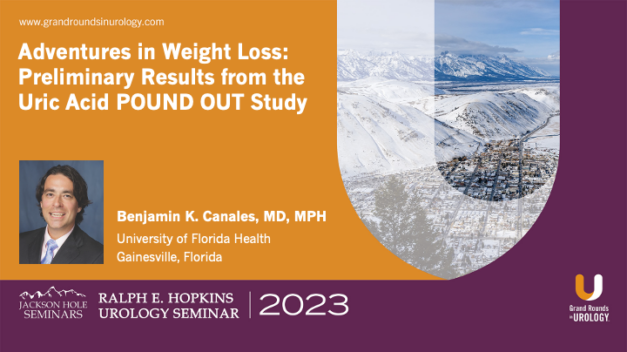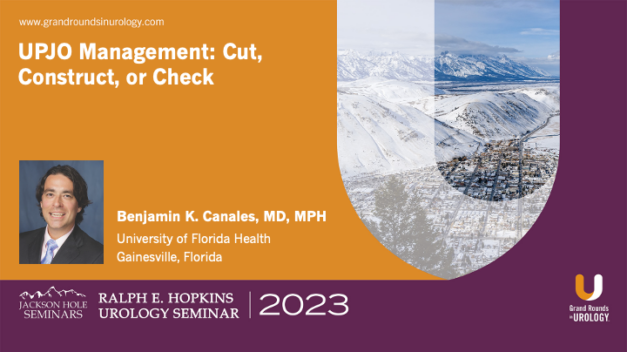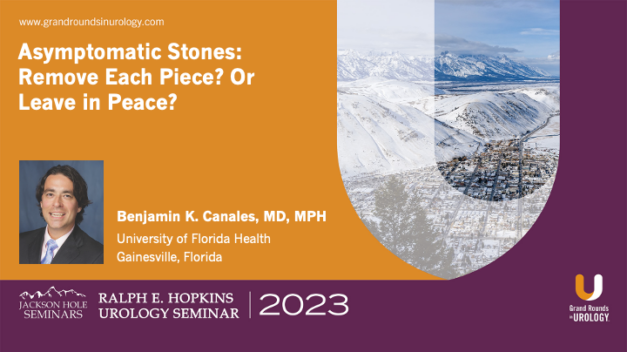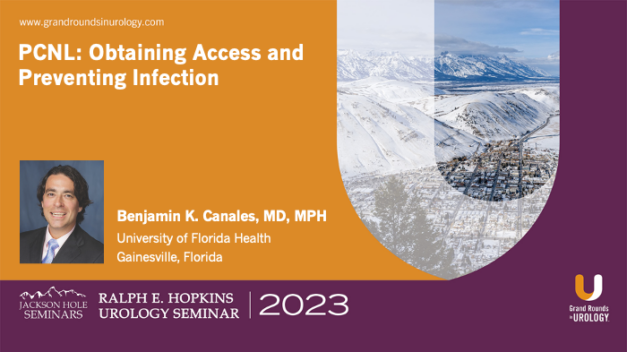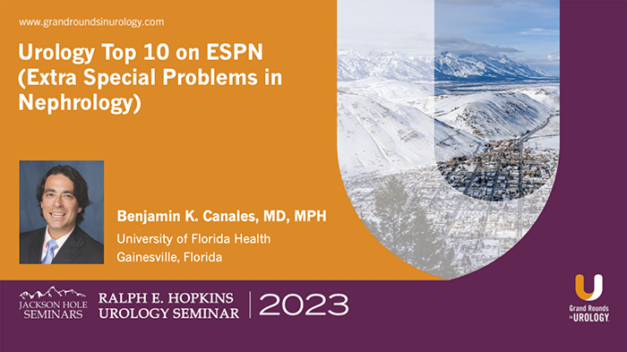Adventures in Weight Loss: Preliminary Results from the Uric Acid POUND OUT Study
Benjamin K. Canales, MD, MPH explains the POUND OUT study, which involves participants undergoing a structured weight loss program. The primary focus is on evaluating changes in uric acid levels in response to different weight loss interventions.
Preliminary results indicate a significant correlation between weight reduction and decreased uric acid levels. Dr. Canales highlights the differential responses observed among participants, attributing these variations to factors such as baseline uric acid levels, degree of weight loss, and adherence to the prescribed interventions. He underscores the importance of personalized approaches in managing hyperuricemia and its related complications.
Read More
